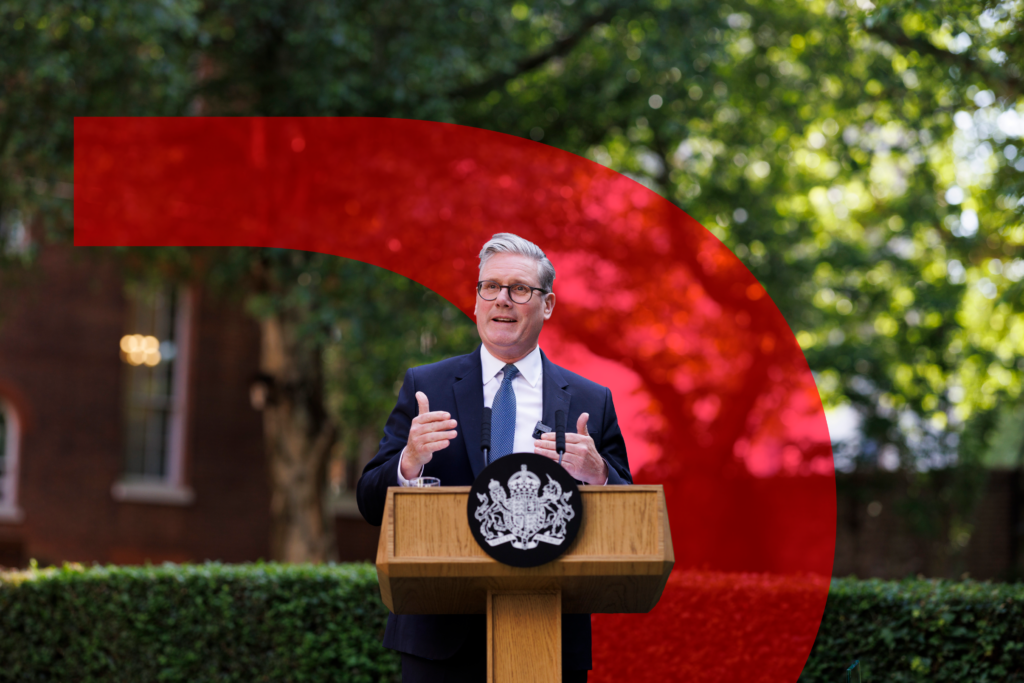Looking for a post-Busan consensus.
In the last two decades two significant books have been published that have put development aid under the microscope and picked it apart with no mercy.
The first was Graham Hancock’s The Lords of Poverty that was published in the mid-90’s and the second and most recent was Dambisa Moyo’s Dead Aid that was released almost 10 years later in 2009.
The thesis of both The Lords of Poverty and Dead Aid remain the same. Simply put- aid does not work. In the case of Graham Hancock, it does not work as most of the money is spent on those who are supposed to be implementing the projects. According to Hancock, international aid betrays the public trust as it is rife with extensive failure, mixed intentions and a lack of transparency.
Ms. Moyo follows the same beat and provocatively confronts one of the greatest myths of our time: that billions of dollars in aid sent from wealthy countries to developing African nations has helped to reduce poverty and increase growth – when in fact it is the reverse. Poverty is on the increase and millions continue to suffer.
While we may or may not agree with what Hancock and Moyo have to say, what is critical is exploring new avenues and having frank conversations about the failures of aid. What is needed is a critical re-evaluation of any government’s motive to giving foreign aid and the true need of the intended recipients.
From Nov 29-Dec 2, two thousand delegates met at the Fourth High-Level Forum on Aid Effectiveness in Busan, South Korea to discuss how better aid results can be achieved. Meetings were held, speeches were made and blogs posted over the three days. However, the final outcomes were far from the leaner, meaner aid machine that many were hoping to see.
Despite high-level representation and some “soft” agreements being made, it has done little to shape the future of development co-operation.
The shortcomings of aid are numerous and serious enough to raise questions about the practicality of the current system and its impact.
Aid can easily claim a share in some of the more positive world developments like decreased infant mortality, increase in primary education and improvements in health infrastructure. Yes, success has been inconsistent and as mentioned some areas are worse off than they were decades ago but success has been achieved in some quarters. It is these successes that need to be held high to serve as beacons that not all is flawed.
The population of the world has now topped 7 billion and with that growth comes the difficulty of ensuring that the basic needs of millions in the developing countries, especially in sub-Saharan Africa, continue to be met.
Development agendas need to be more creative, more realistic and more relevant to their end goal of alleviating poverty while ensuring that the development pounds and dollars are more effective. Issues like improved financing, partnerships not aid and citizens’ empowerment need to be the new topics on the agenda.
A report by The European Network on Debt and Development showed that $20-$25bn of aid remains stuck in “tied aid” and despite the pledge made in Gleneagles ten years ago recipients of aid are still being forced to buy goods and services from donor country firms. What this has meant is that donor nations have failed to maximize the contribution of aid to developing country economies by not buying local goods thus reducing the purchasing power of aid by an estimated 15-40%.
Statistics like this that should serve as a warning that it is critical that the aid debate focuses on the need for a paradigm shift from overreliance of aid to empowered aid that will guarantee economic growth and see a decline in poverty.
Innovative programmes like The Rockefeller Foundation’s Impact Investing Initiative is a testament to such thinking. By placing emphasis on sustained economic returns for both the donor and the recipient, creating a win-win scenario for both parties, impact investing provides the social, economic and environmental impacts at a scale that development interventions usually cannot achieve.
Today more than 300 million people living across the African continent remain stuck in poverty after decades of efforts by foreign governments and non-governmental organizations while the evidence shows that the impact has been and continues to be piecemeal at best.
A new agenda needs to be developed to reverse the trends epitomized by Hancock and Moyo in their books. Aid needs to be empowering and effective and needs to honestly place the voice and needs of the true recipients at the nucleus and not at the periphery of policymaking.
As bold as the criticism that came from Moyo and Hancock on aid effectiveness, an equally bold and profound response is required to realise the paradigm shift that is needed to ensure better aid.
Beatrice Karanja is an Associate Director at Portland and runs our Nairobi office. She has 15 years of experience designing and running communications campaigns in Africa, including work for UNICEF, Oxfam GB and the Elizabeth Glaser Pediatric AIDS Foundation.






